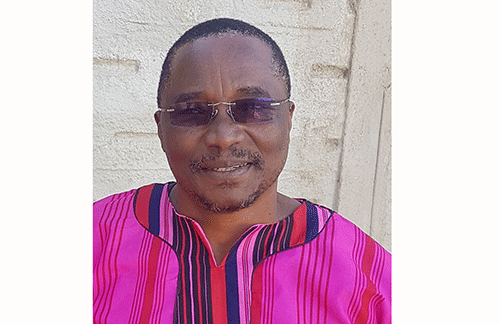Juxtaposing social inclusion in Namibia against the reality on the ground produces mixed opinions. In peculiar terms, picturing societal well-being, attachment to socioeconomic factors, and what tomorrow might hold for ordinary citizens, always brings implausible nightmares and tears because of unresolved emotional issues.
Are current governance institutions responsible for the state of affairs? What appears to be assuring political statements and policies do not necessarily translate into materiality to benefit all people, especially the poorest of the poor. Therefore, good statements and policies, if not materialise, may potentially mislead the majority of people and in the end, sway them into believing that the political structures and institutions are doing everything necessary to improve the living standards and livelihoods in society.
The post-independence promises have created unprecedented expectations, some of which the government failed to meet. The transformative route adopted by governance structures has notable shortcomings that derail the attainment of broad social inclusion.
The governance system appears to benefit a small group of purported elites and cronies. Here, we should pause to reflect on why the war of liberation was waged.
There is a calculated misinterpretation of the availability versus accessibility of goods and services in society. These terms may be used interchangeably, but they do not necessarily point to the same thing. Public goods and services might be available but not accessible to the majority of people in this country. Accessibility calls for people to have economic powers to access the amenities. For example, economic means and electricity are available in Namibia, but not accessible to many citizens.
The lack of empowerment has relegated many people to the economic peripheries. After 35 years of independence, the majority are still “living hand-to-mouth” despite the abundance of resources in the country. Those who implored others to be patient, saying “the government cannot do everything overnight”, are living a comfortable life using the same resources that are “said” to be limited. This tells misplaced directions and priorities. Political leadership is focused more on political empowerment than socioeconomic empowerment issues.
Without socioeconomic equality, social justice remains an unattainable and hopeless dream to many who might not be conscious of such a sidetracked approach. Social justice entails equality in social, economic and political goods and services without which independence is meaningless. However, the majority are convinced to be content with political freedom and independence.
The war against apartheid South Africa was fought to promote equal participation in Namibia’s economic resources, the yet-to-be-realised resources’ redistribution concept. The adage “If you live in a glass house, don’t throw stones” finds relevance here.
Summing it up, the skewed social justice system in the country has created social and income polarisation, allowing the few to continue amassing wealth and live a sumptuous lifestyle, while the poor and innocent ordinary citizens remain socioeconomically disadvantaged.
This discussion portrays a disturbing picture of selective social inclusion in the country. Bridging socioeconomic inclusion calls for selflessness and a human heart. This is the approach the new administration should adopt. However, the question remains: Would the incoming administration instate a crop of fullhearted political and bureaucratic leadership to alter the status quo?
-This article has been shortened.
Tuhafeni Helao (PhD) is a retired academic.



